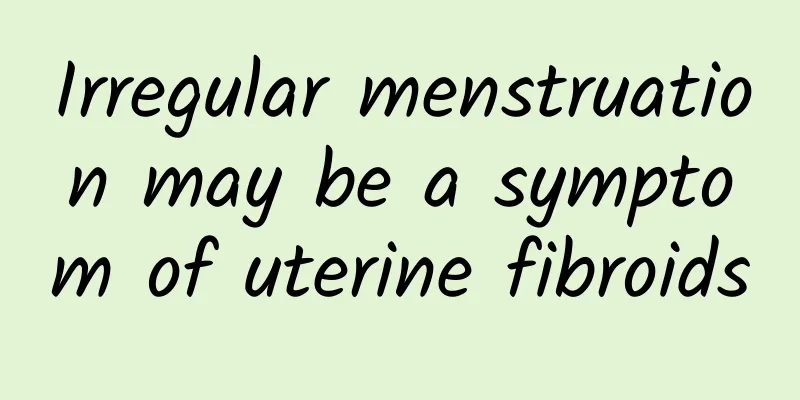Does painless abortion affect pregnancy? What are the precautions after abortion?

|
With the development of science and technology, the methods women can choose to terminate pregnancy have also changed, from the previous medical abortion and artificial abortion to the current painless abortion. In particular, painless abortion has greatly reduced the physical pain during the abortion process, but it is not without harm to the body. Although it reduces the pain to a certain extent, painless abortion is still quite harmful to women. There will be some gynecological diseases, easy bleeding and other sequelae, which may affect pregnancy in severe cases. Generally speaking, painless abortion is best for a relatively young pregnancy within 55 days. If it is more than two months, painless abortion cannot be chosen and only artificial abortion can be performed. Before the operation, women need to go to a regular hospital for examination to confirm whether there is gynecological inflammation and to exclude ectopic pregnancy before painless abortion can be performed. So, will painless abortion affect pregnancy? What should we pay attention to? |
<<: What are the dangers of medical abortion? There are three major dangers
>>: What are the methods of artificial abortion? There are 3 types
Recommend
If you suffer from cervical hypertrophy, you should get treatment as soon as possible.
Many patients with cervical hypertrophy tend to i...
What are the characteristics of intrauterine adhesions?
What are the characteristics of intrauterine adhe...
A woman's lifelong event: How to choose a hospital for abortion
Abortion is not difficult, it only takes about 10...
What to do about amenorrhea symptoms caused by abortion surgery
The symptoms of amenorrhea after abortion may be ...
DIY simple hydrogen peroxide reagent! The public detected 3 residues
The simple hydrogen peroxide (hydrogen peroxide) ...
Prevention of vulvar itching
Women should remember not to scratch when they ha...
Experts introduce the clinical symptoms of uterine fibroids
Uterine fibroids are a common gynecological tumor...
Submucosal fibroids are a common symptom of multiple uterine fibroids.
Gynecological experts say that there are many cla...
What are the symptoms of senile vaginitis?
What are the symptoms of senile vaginitis? 1. The...
Chronic pelvic inflammatory disease is also called sequelae of pelvic inflammatory disease
Pelvic inflammatory disease, or pelvic inflammati...
What to do if you have uterine fibroids after menopause? Treatment of uterine fibroids after menopause
The treatment of postmenopausal uterine fibroids ...
Beckham's new move to strengthen abdominal muscles: boxing-style sit-ups
Former British "soccer golden boy" Davi...
Can I eat mutton after uterine fibroid surgery? What is the best thing to eat after uterine fibroid surgery?
Uterine fibroids are common benign tumors in wome...
Where is the ectopic pregnancy?
Ectopic pregnancy may occur outside the uterine c...
Are uterine fibroids serious? What can't you eat? What should you eat more for uterine fibroids?
Are uterine fibroids serious? What should I not e...









